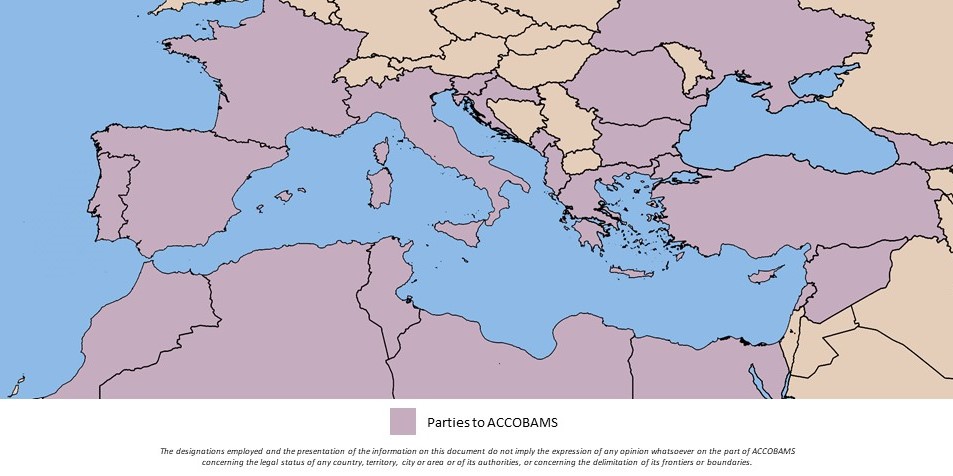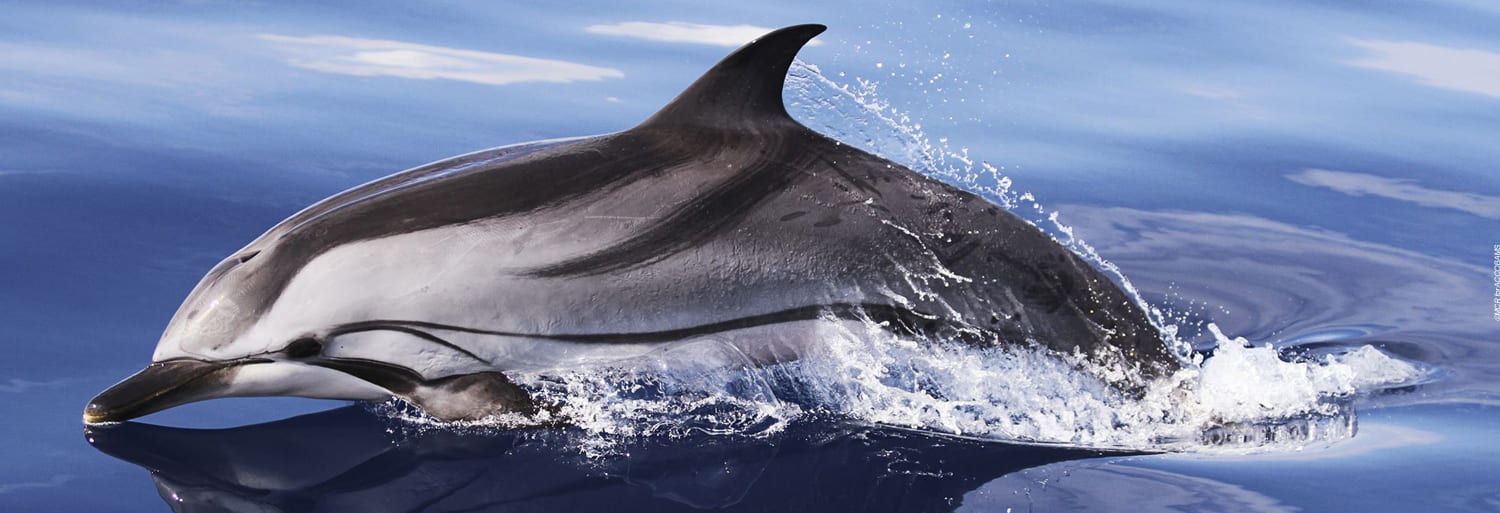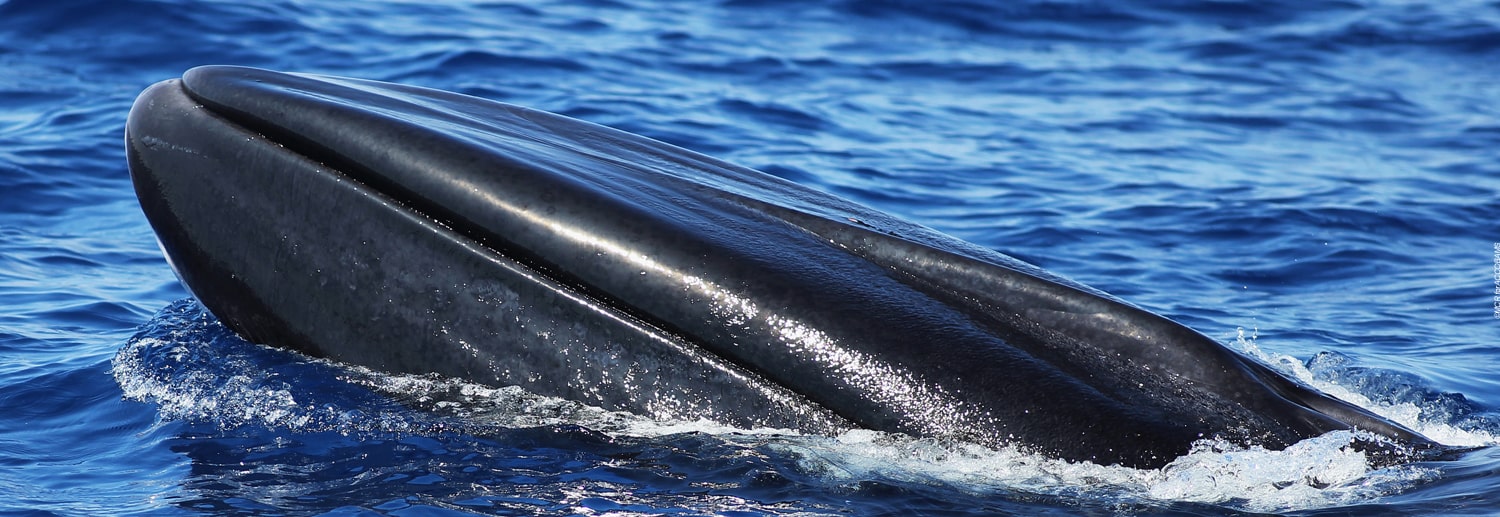Introduction
The Agreement on the Conservation of Cetaceans of the Black Sea, Mediterranean Sea and contiguous Atlantic area (ACCOBAMS) is a legal conservation tool based on cooperation. Its purpose is to reduce threats to cetaceans notably by improving current knowledge on these animals.
This intergovernmental Agreement provides the demonstration of the commitment of riparian Countries to preserve all species of cetaceans and their habitats within the geographical Agreement area by the enforcement of more stringent measures than those defined in the texts adopted previously.
ACCOBAMS results from consultations between Secretariats of four Conventions:
- the Barcelona Convention for the Protection of the Marine Environment and the Coastal Region of the Mediterranean and its Protocol concerning Specially Protected Areas and Biological Diversity in the Mediterranean,
- the Bonn Convention on the Conservation of Migratory Species of Wild Animals,
- the Bern Convention on the Conservation of European Wildlife and Natural Habitats,
- the Bucharest Convention on the Protection of the Black Sea Against Pollution.
Finally, given the migratory characteristics of these species, the Agreement was established under the auspices of the Bonn Convention (UNEP/CMS).
ACCOBAMS was signed on November 24th, 1996 and entered into force on June 1st, 2001.

The Agreement Area consists of all the maritime waters of the Black Sea, the Mediterranean and the contiguous Atlantic area West of the Straits of Gibraltar. The Area includes the Pelagos Sanctuary dedicated to marine mammals in the North-West Mediterranean and established by France, Italy and Monaco. ACCOBAMS is the first Agreement binding the Countries of these sub-regions to work together for cetacean conservation. One innovative aspect of this Agreement is to include non-riparian countries whose maritime activities are likely to jeopardize cetacean conservation.
In 2010, Parties to ACCOBAMS adopted a Resolution to extend the geographical scope of the Agreement Area to the Exclusive Economical Zones of Spain and Portugal.
In 2022, the Agreement has 24 Parties: Albania, Algeria, Bulgaria, Croatia, Cyprus, Egypt, France, Georgia, Greece, Italy, Lebanon, Libya, Malta, Monaco, Montenegro, Morocco, Portugal, Romania, Slovenia, Spain, Syria, Tunisia, Türkiye and Ukraine.





